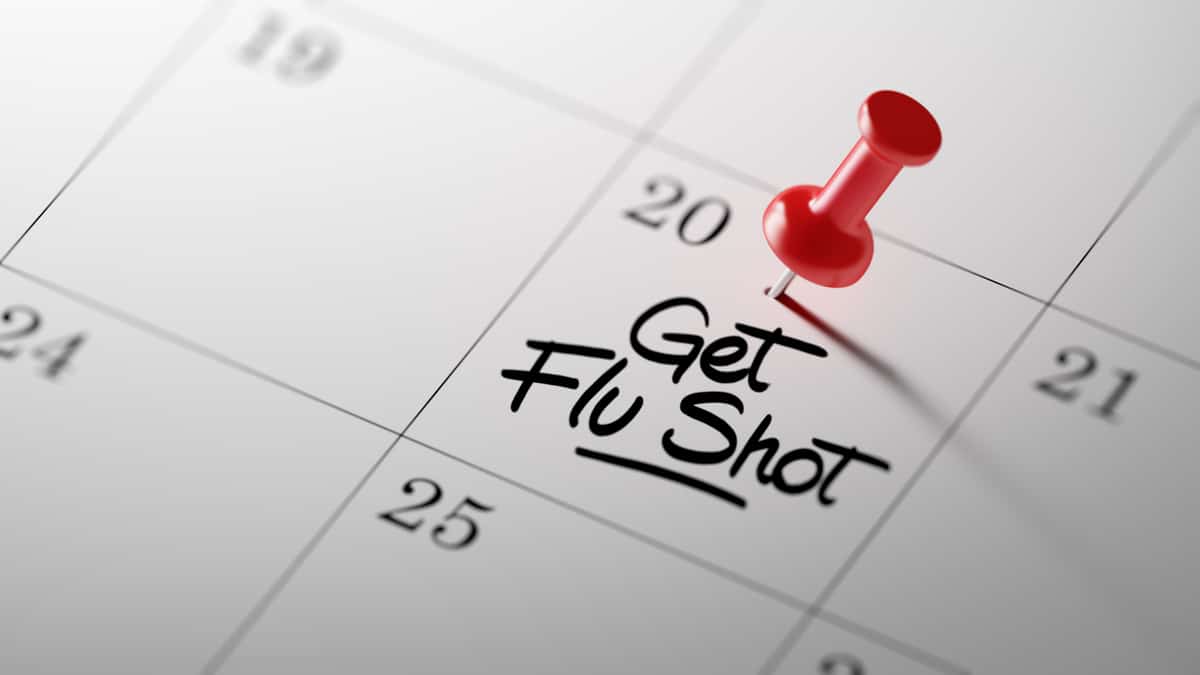Singapore Health Guide

When moving to a new country, it is normal to have mixed feelings. You may feel excited at the thought of all the new experiences, but you may also have concerns about some practical issues, such as healthcare.
This may be a concern for those living in Asia for the first time, people with chronic health problems, and families with young children. The good news is that medical practice in Singapore is of a very high standard. It is generally modelled on the British system, and doctors have standard compulsory university degrees with hospital training.
Specialist doctors often have further training in the United Kingdom, North America or Australia.
Who should you call in an emergency?
Accident & Emergency (A&E) Departments at the hospitals are open 24 hours and have access to “on call” specialists. They can be more expensive and very busy, and should be used only for emergency care.
- Police: 999
- Ambulance: 995
- Fire: 995
There are also private ambulances on offer here in Singapore.
- Private Ambulance: 6272 6018
- Non-Emergency Ambulance: 1777
Just to note: 995 for emergencies will call the government ambulance that takes you to the nearest government hospital A&E Department. You may then request transfer to a hospital of your choice.
To go to a private hospital, phone the A&E department of that hospital and you can request an ambulance to take you there. Generally the ambulances drive at the same speed as the traffic, and may not run their sirens. If the person can walk it may be quicker to go by car or taxi.
We urge you to enter these numbers into your mobile phone now.
Let’s touch on Dengue, one of the more common viruses found in Singapore.

Dengue fever is present in Singapore. It is a viral infection with flu-like symptoms, spread by the Aedes mosquito, and unlike Malaria mosquitoes, they can be found in urban areas during daylight hours. There is no treatment, and the disease can be severe. A dengue vaccine is now available but is only for patients with a previous Dengue infection.
Any persons suspected of having dengue fever should be observed for signs of bleeding or bruising and seek urgent medical attention if this happens. Diagnosis is by a blood test. It is usual practice to monitor the platelet count until full recovery. This may require repeat blood tests.
For more information on Dengue, head over to our Dengue Fact Sheet – check your area for clusters
Are your vaccinations up to date?

We urge you to check your family’s immunisation status. These are the diseases that you can be vaccinated against. A consultation with your doctor is always necessary as requirements differ between individuals.
There are two compulsory vaccinations in Singapore:
- Diphtheria
- Measles
If you’re unsure about your or your child’s vaccination status, get in contact with our staff and we can help you schedule an appointment to discuss.
If you’d like any further information, download a copy of our Health Guide for Singapore.
Require, Recommended & Travel Vaccines
Diphtheria/ Tetanus/ Pertussis (whooping cough)
MMR
Polio
Haemophilus Influenza Type B (Hib)
Hepatitis B
BCG (Tuberculosis)
Pneumococcal
Influenza
COVID 19
Human Papilloma Virus (HPV)
Rotavirus
Varicella (Chicken Pox)
Dengue (If had previous infection)
Meningococcal ACWY, B,C
Herpes Zoster
Hep A
Typhoid
Japanese Encephalitis
Rabies
Yellow Fever – Approved clinic



































